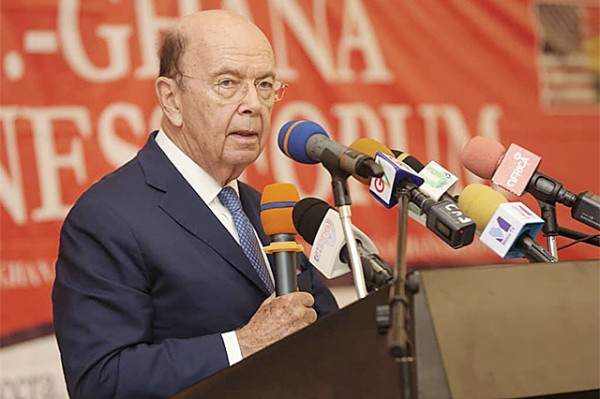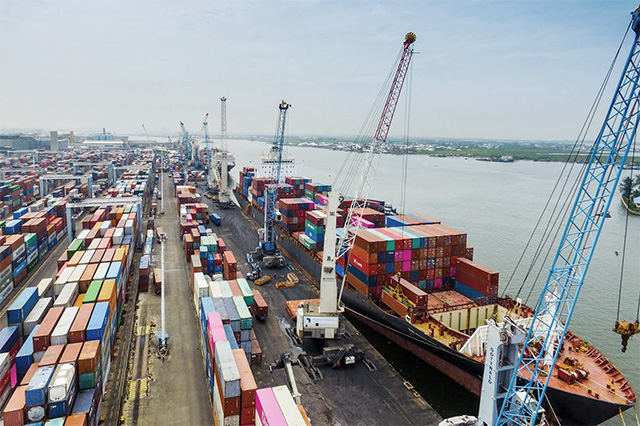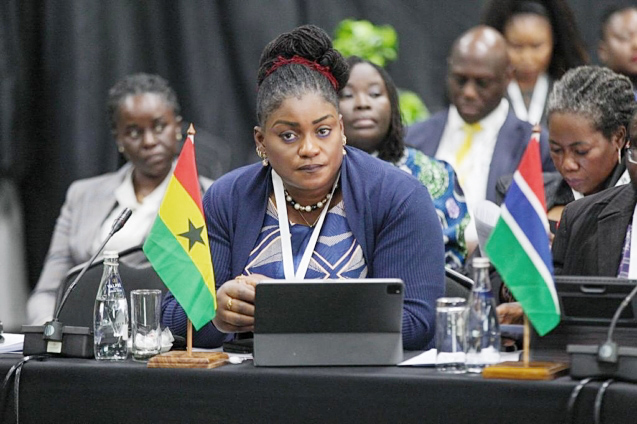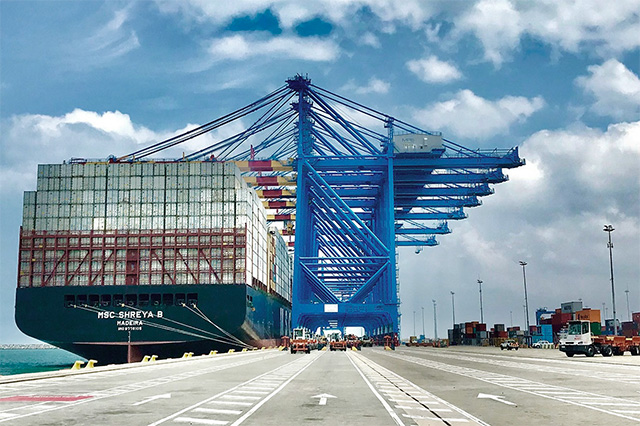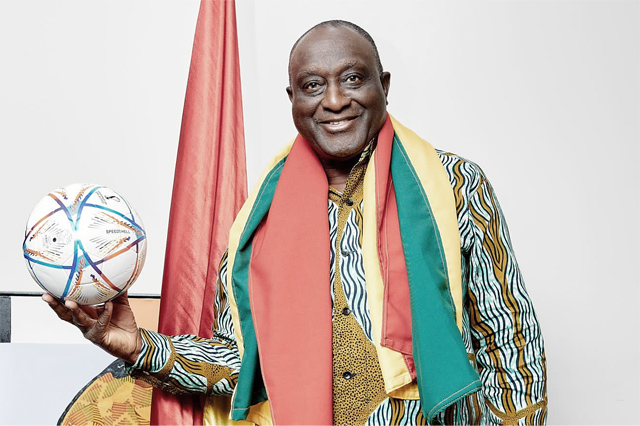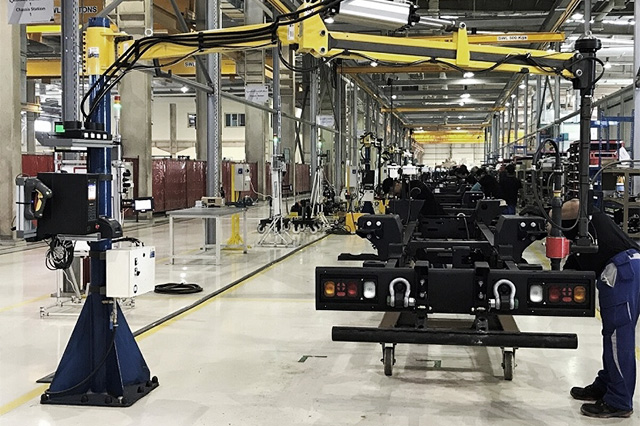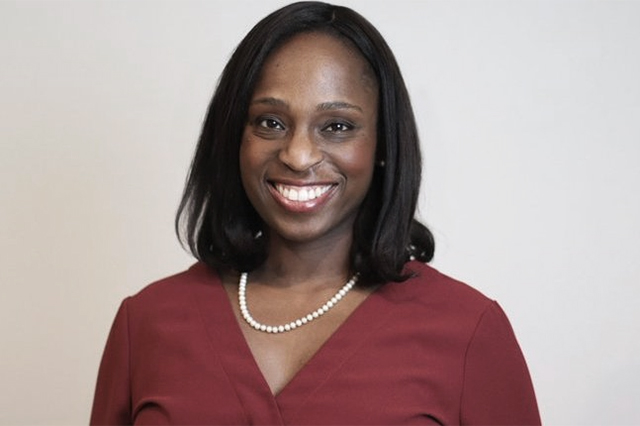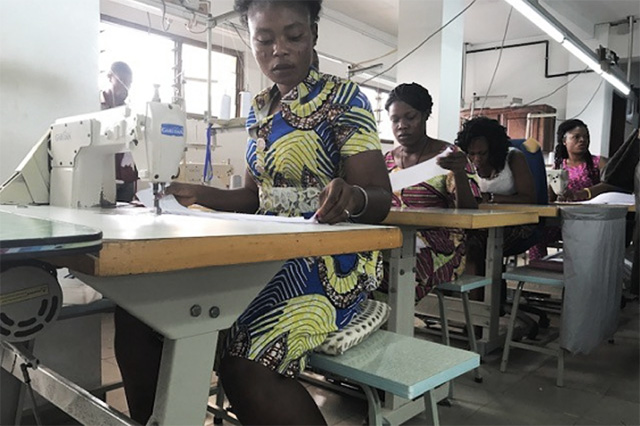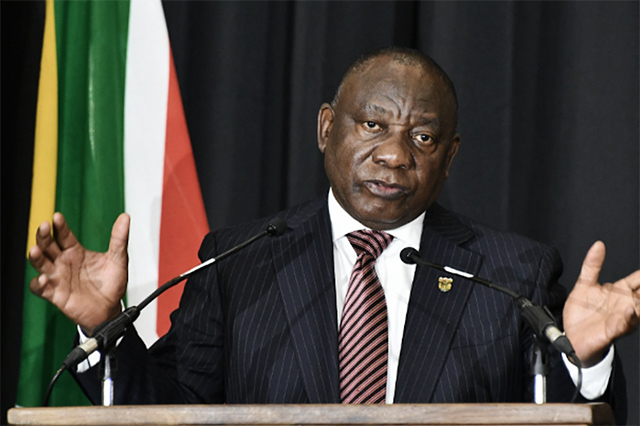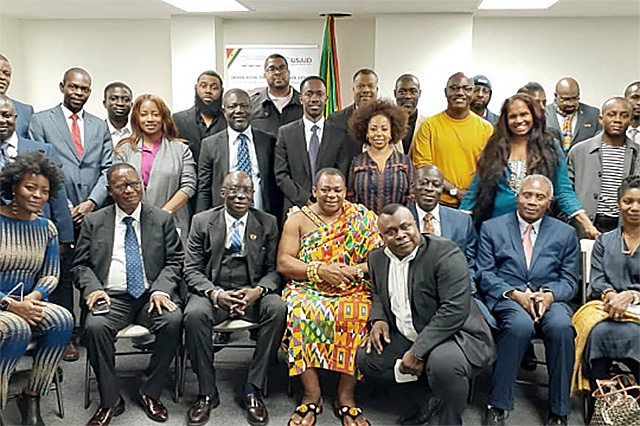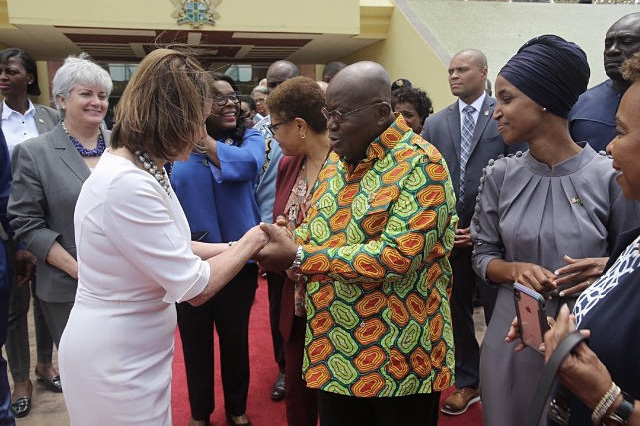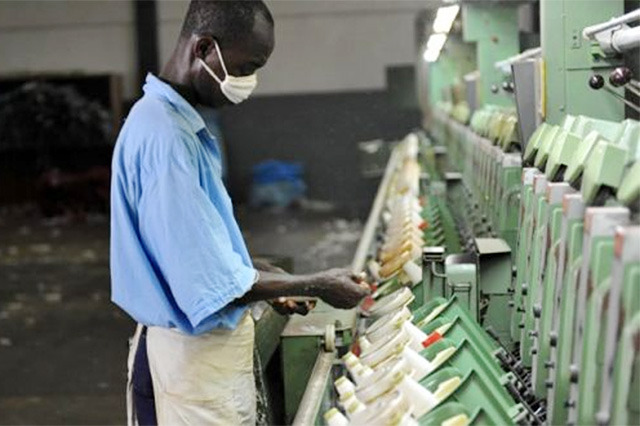US steps up its game in Africa, a continent open for business
“The U.S. needs to step up its game in Africa,” said U.S. Secretary of Commerce Wilbur Ross in Accra, Ghana, Thursday in an expected and welcome assessment.
The secretary was in Ghana to close out the four-country mission of the President’s Advisory Council on Doing Business in Africa (PAC-DBIA), originally established by executive order under President Obama in August of 2014, “to strengthen commercial relations between the United States and sub Saharan Africa.”
The 60-member delegation, having already made stops in Ethiopia, Kenya and Cote d’ Ivoire, sought to gather insights on market opportunities in Africa for U.S. businesses.
In Ghana, Secretary Ross signed a memorandum of understanding with the Minister of Finance which seeks to connect U.S. businesses with priority Ghana investment opportunities, with a mechanism to review progress every six months. On previous stops, Under Secretary of Commerce Gilbert Kaplan signed cooperative agreements with the Ethiopian and Kenyan governments. Some $3 billion in private sector deals are expected to result from the mission.
The fact that the Trump administration chose to embrace PAC-DBIA, when so few Obama initiatives are still standing, with Secretary Ross leading the inaugural visit, should be noteworthy for those wondering where Trump’s Africa policy is headed.
Heretofore, the narrative has been that that Trump’s Africa policy is largely driven by security concerns — the fight in Nigeria against Boko Haram, Al Shabab in Somalia, and other trans-continental, transnational terrorism threats. And there was no reason to think otherwise.
When former Secretary of State Rex Tillerson took his first trip to Africa, which would be his last mission as secretary, his agenda focused almost entirely on shoring up countries that partnered with the U.S. in fighting terrorism. And one of President Trump’s early moves in office was to impose a travel ban, originally impacting four African nations.
Many expressed concern, fearing that by prioritizing security and cutting back on aid and trade, the United States may weaken its long-term strategic position on the continent.
It seems now that either the early speculation was ill founded, or more likely, that the Trump administration is pivoting towards prioritizing trade and investment, with potentially significant implications Africa and for U.S. businesses looking for more aggressive advocacy from their government.
Secretary Ross said during his key-note address at the U.S.-Ghana Business Forum, “We are fully committed to the long-term growth of Africa.” He added that “there can be no national security without out economic security." He also cited statistics that showed a decline in U.S. exports to Africa, and a reduction in overall U.S.-Africa trade, calling it “an embarrassment” for both the U.S. government and its private sector.
Indeed. The lost opportunity cost is staggering when one looks to the future — the continent is likely to present $5.6 trillion in market opportunities and a population of over 1.52 billion consumers by 2025.
However, the elephant in the room remains China’s aggressive and sometimes controversial practices in Africa, where it has long surpassed the United States’ as Africa’s largest trading partner.
Since 2013, when China announced its infrastructure investment program, the Belt Road Initiative, it has pumped huge flows of capital throughout Asia and across world markets. AidData estimates that China spends $40 billion per year through its DFIs, including the Export-Import Bank of China, the China Development Bank, the Beijing-based Asia Infrastructure Investment Fund, the Shanghai-based New Development Bank BRICS and the Silk Road Fund.
The secretary’s speech in Accra, and the PAC-DIBA mission, seem to signal that the Trump administration is awakening to the Africa’s market potential — looking to reclaim some space from China.
And as one might expect from the chamber audience, the secretary received the loudest applause when he contrasted the durability of made-in-America, with the build-and-repeat character of Chinese projects.
As I sat in the audience listening to Secretary Ross, his interest and commitment felt personal, and his engagement with the audience during the Q&A reinforced my view. He owned the room.
What’s next? What resources will Commerce deploy, personnel and financial, to further the secretary’s ambition? Can we anticipate the allocation of additional Foreign Commercial Service officers in the next budget? If not, how will the mission be achieved given existing resources?
What about the development finance institutions? Secretary Ross sits on the board of both the Overseas Private Investment Corporation (OPIC) and the U.S. Export-Import Bank (EXIM). OPIC, thanks in part to Ross’ support, is slated for major expansion. EXIM, on the other hand, currently lacks a quorum to approve loans beyond $10 million USD.
“The Export-Import Bank plays a vital role in supporting American companies as they work to sell their products to customers across the world,” said Neil Bradley of the U.S. Chamber of Commerce. “But as long as the seats remain vacant, U.S. businesses are at a disadvantage relative to global competitors.”
While in Ghana, Ross was reminded that it was EXIM which helped to finance the Akosombo Dam on the Volta River in 1961 to supply hydroelectric power to Kaiser Aluminum. The project was transformative for Ghana at the time, and remains so today.
Maybe with Ross’ guidance, the board of EXIM can be reconstituted, and gain Congressional approval.
Beyond EXIM, Secretary Ross is expected to report back to President Trump on the findings of PAC-DBIA with actionable recommendations to deepen commercial ties with Africa. Herein lies the real opportunity — to draw President Trump’s attention to the opportunity of Africa, to one of the largest potential markets for U.S. export growth, and to a continent open for American business.


